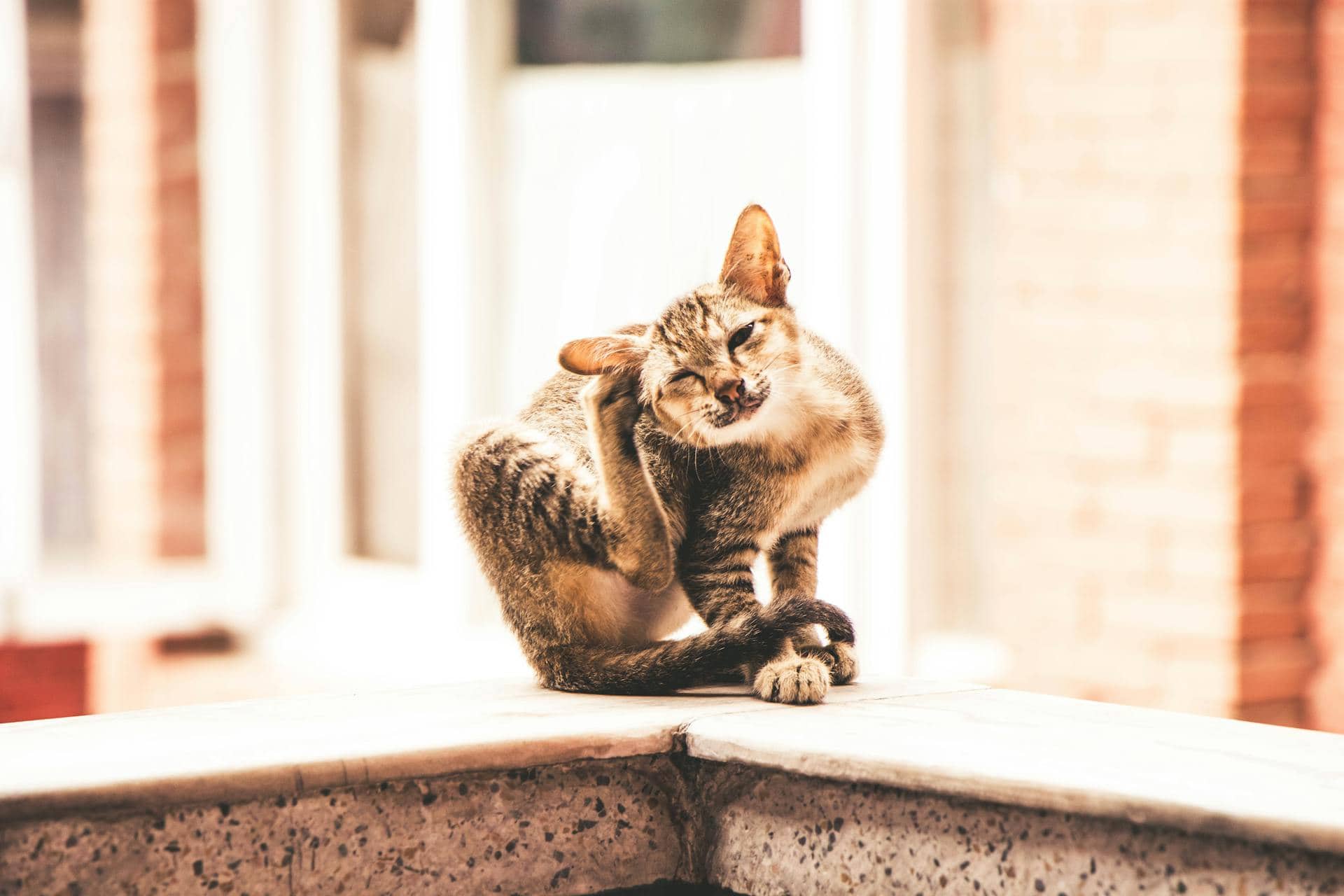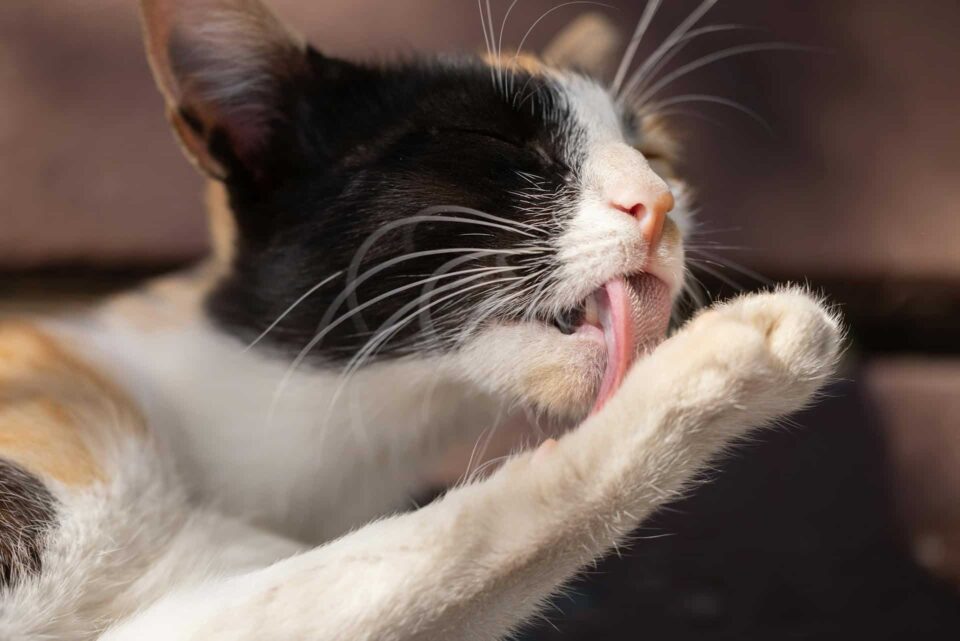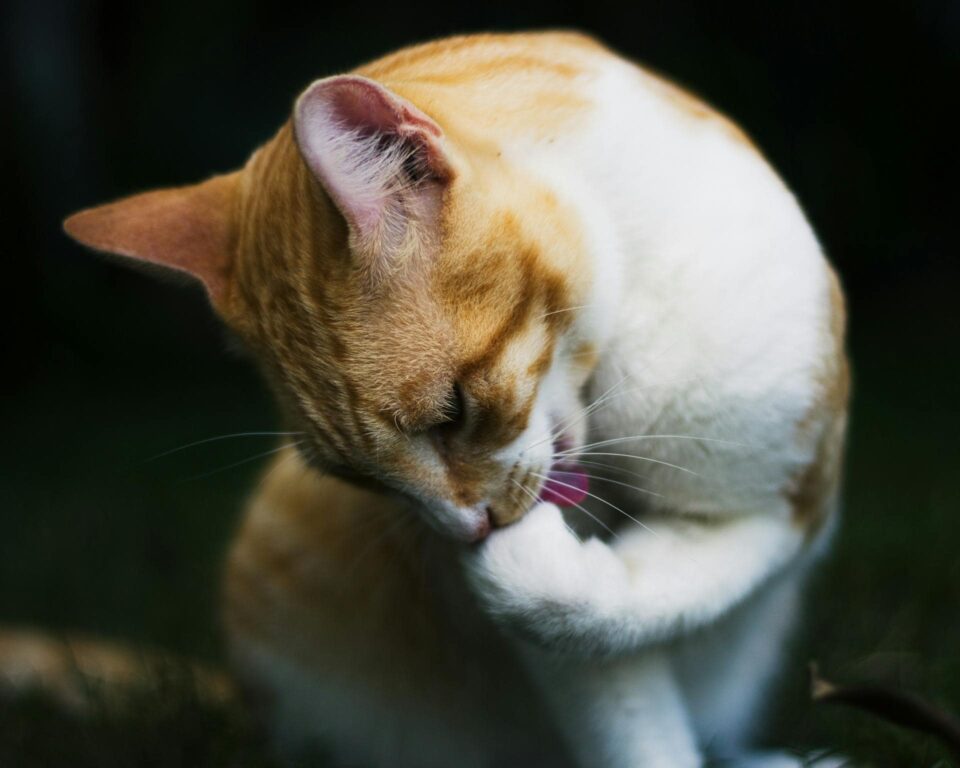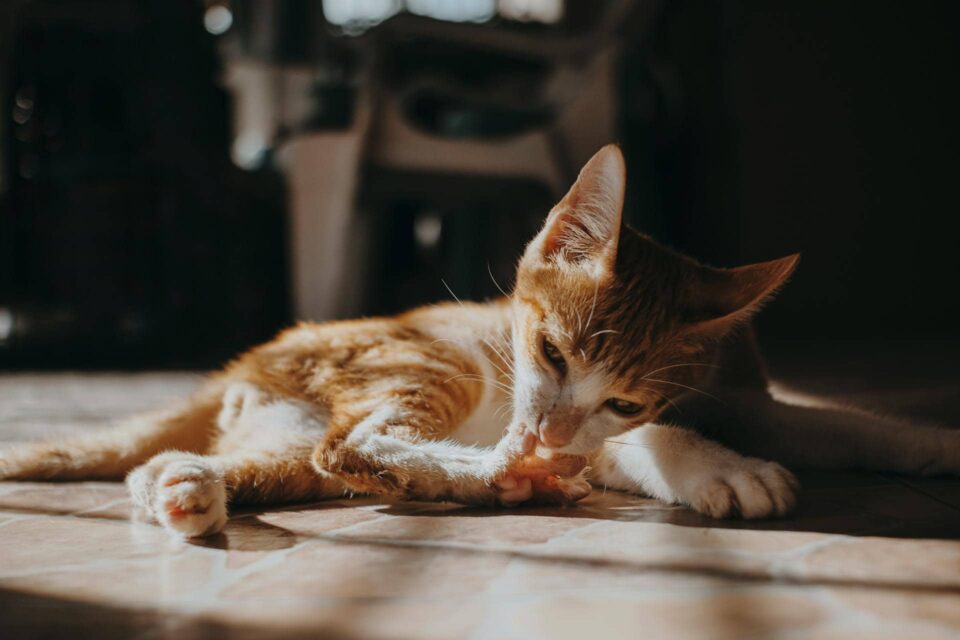
How Can I Soothe My Cat’s Itchy Skin Naturally?
If you've observed your furry companion scratching excessively, grooming frequently, or displaying increased restlessness, they could be dealing with feline allergic skin disease, often referred to as atopic dermatitis. This article delves into natural methods for alleviating your cat's itchy skin, covering symptoms, treatments, and preventive measures to prioritize your cat's well-being and comfort.
Identifying and Treating Feline Atopic Dermatitis
Recognizing the Symptoms of Skin Allergies in Cats
When your feline companion starts showing signs of discomfort, it's crucial to pay attention to their skin health. Allergic dermatitis is a common issue that can cause your cat significant distress. Look for symptoms such as dry, itchy skin that feels flaky and rough, or observe if they are engaging in intense itching and scratching more than usual.
Cats suffering from skin allergies may demonstrate behaviors such as excessive licking and grooming, potentially resulting in hair loss and the formation of skin ulcers, open sores, or scabs. Keep an eye out for additional signs such as skin irritation, redness, inflammation, or heightened sensitivity. If these symptoms persist, it's crucial to seek veterinary guidance promptly to effectively address your cat's needs.
Remember, outdoor cats are particularly susceptible to allergens and irritants that can exacerbate skin conditions. By recognizing these symptoms early, you can take proactive steps to soothe your cat's itchy skin and improve their overall well-being.
Consulting a Veterinarian for a Comprehensive Treatment Plan
When your cat's skin is itchy and irritated, it's crucial to consult with a veterinarian to develop a comprehensive treatment plan. Your vet will help identify the root cause of the itchiness, whether it's due to fleas, mites, allergies, or an underlying disease, and recommend the appropriate treatment. Remember, only use treatments and products that your vet has recommended for your cat.
A holistic approach is essential in managing your cat's skin health. This includes:
- Identifying and treating the underlying causes of itchiness
- Supporting the skin's health to prevent future episodes
- Considering long-term treatments like Allergen Specific Immunotherapy, which helps desensitize your cat to specific allergens
By understanding the complexity of your cat's condition and following your vet's advice, you can ensure that you're providing the best care to alleviate discomfort and enhance their quality of life. Additionally, a crucial aspect of treatment involves identifying and avoiding key allergens that trigger your cat's sensitive skin. This may entail allergy testing followed by implementing strategies to minimize exposure to allergens.

Exploring Topical Treatment Options and Natural Alternatives
When addressing your cat's itchy skin, you might consider a variety of topical treatments. Steroids prescribed by your vet can be effective, but if you prefer a gentler approach, natural alternatives are available. For instance, aloe vera applied directly from the plant can provide relief for hot, itchy patches on your cat's skin. Additionally, products like an unscented Natural Pet Shampoo, made with organic oils and coconut milk, can help soothe and nourish the skin.
For a more innovative solution, the Dermoscent ATOP 7\u00ae Spot-on Solution offers a pre-measured, easy-to-apply option. Although it may be more costly, its focus on natural ingredients and a bio-diffusing agent ensures that the treatment is spread evenly across your cat's body, providing comprehensive coverage from a single application point. This can be particularly beneficial for cats that are less tolerant of being handled.
Remember, addressing itchy skin, destressing, and stopping compulsive licking in cats are crucial for their well-being. By understanding the causes and providing proper care, you can prevent excessive grooming behaviors and improve your cat's quality of life.
Related: How to Stop My Cat From Over Grooming?
Preventing and Managing Cat Itchiness Naturally
Understanding the Underlying Causes of Pet Itchiness
When you notice your cat incessantly scratching, it's crucial to recognize that itchiness is often a symptom of a deeper issue. Environmental and food allergies are common triggers, causing your cat's skin to become itchy and irritated. These allergies can be mistaken for other problems, so it's important to consider all potential factors.
Itchiness in cats can stem from a variety of sources, including:
- Environmental allergens like pollen or dust
- Food intolerances or allergies
- Parasites, such as fleas or mites
- Seasonal changes affecting skin sensitivity.

The itch-scratch cycle can lead to more severe skin conditions if not addressed promptly. By breaking the skin barrier through scratching, your cat becomes vulnerable to infections, which can exacerbate the initial irritation. Moreover, the constant discomfort can cause anxiety and behavioral changes, impacting your cat's overall well-being. To effectively manage your cat's itchiness, a holistic approach is needed—one that not only treats the symptoms but also targets the root causes to prevent future episodes.
Avoiding Allergens and Improving Your Cat's Skin Health
To shield your feline friend from the discomfort of itchy skin, it's crucial to avoid allergens that can trigger reactions. Begin by consulting with your veterinarian to conduct an allergy test, which can pinpoint the specific allergens affecting your cat. Once identified, you can take proactive steps to minimize your cat's exposure to these irritants.
In addition to avoiding allergens, enhancing your cat's skin health is equally important. Regular grooming is not just about keeping your cat looking their best; it's also about maintaining healthy skin and coat. Here are some cat grooming tips:
- Moisturize your cat's skin to prevent dryness.
- Condition their coat to keep it shiny and healthy.
- Pay special attention to paws and nails, which can harbor allergens.
For holistic grooming products that cater to your pet's needs, consider exploring options at Gou Gou Pets. They offer a selection of high-quality pet care items that can help you maintain your cat's skin and coat health naturally.
Related: Things to Remember When Grooming Your Cat Holistically

Natural Remedies and Supplements for Soothing Itchy Skin
When pondering over how-can-i-soothe-my-cats-itchy-skin, natural remedies and supplements can be a gentle yet effective approach. Aloe vera, directly applied from the plant, can provide immediate relief to hot, itchy areas. This plant is renowned for its cooling and healing properties, making it a go-to solution for many pet owners.
In addition to topical treatments, consider integrating supplements into your cat's diet. A veterinarian-created supplement, like the Homemade Cat Food Supplement, can support skin health from the inside out. These supplements often contain essential nutrients that promote a healthy coat and skin.
Here are a few tips to keep in mind:
- Always patch test any topical remedy to ensure your cat doesn't have an adverse reaction.
- Consult with your vet before adding any new supplement to your cat's diet.
- Look for products specifically designed for pets which use organic oils and coconut milk to soothe the skin.
Remember, while natural remedies can be helpful, they should complement, not replace, professional veterinary advice.
Is your feline friend constantly scratching? It's time to explore natural solutions for cat itchiness at Gou Gou Pets™. Our holistic approach, rooted in ancient Chinese philosophies, offers a range of skin care products that can soothe your cat's discomfort naturally. Don't let your pet suffer in silence. Visit our website to discover our holistic infused grooming products and take the first step towards a happier, itch-free cat. Plus, enjoy free shipping on orders over $49!
Enhancing Your Cat’s Skin Health Naturally
Managing your cat's itchy skin naturally requires a comprehensive approach that addresses both the symptoms and the underlying causes. From utilizing veterinarian-recommended supplements and natural topical treatments like aloe vera to considering long-term solutions such as Allergen Specific Immunotherapy, there are various strategies to soothe your feline friend's discomfort. Remember to keep an eye out for common signs of skin allergies and consult with your vet to develop a tailored treatment plan. By taking proactive steps and using the right products, you can help improve your cat's skin health and enhance their overall quality of life.
Related: Reasons Why You Should Choose Natural Pet Grooming Products
Share
